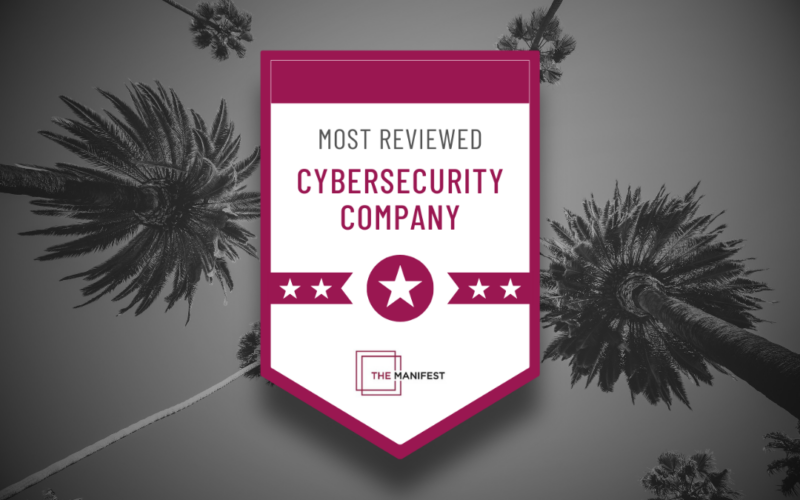The internet has a lot of opportunities and new solutions in the market today, with that being said, there are also a lot of looming threats in the background. To help fight off these malicious entities online, it helps to partner with a professional cybersecurity firm! Thankfully, our team at We Solve Problems is here for you!
We established a cutting-edge IT-managed services and support company in Los Angeles to tackle the issues facing contemporary businesses. We are dedicated to using technology to enhance both businesses and people’s quality of life. Our committed professionals will collaborate closely with your team to identify the best IT services and solutions to increase your competitive edge, improve your operational efficiency, and save money.
Today, we are excited to share with you our team’s most recent achievement in the industry. According to the Manifest’s market research, we are among the most-reviewed Cybersecurity Companies in Los Angeles! This is an incredible award and we are proud of our team for bagging this amazing accolade.
The Manifest is a business blog website that aims to gather and verify the hard data, expert insights, and actionable advice that you need to build your brand and grow your business – to provide the practical business wisdom that manifests in your success.
Of course, this award wouldn’t have been possible without the help of our clients. Thank you so much for supporting us and for always trusting us to deliver impeccable results for your business!
Need support? Give us a call! We’d be happy to address your concerns and provide you with some solutions so you can get back to work in no time.










